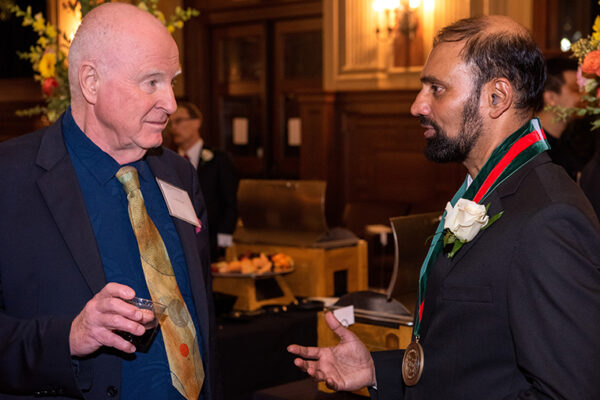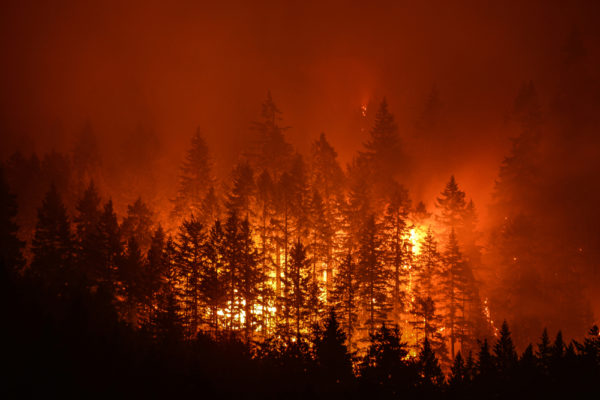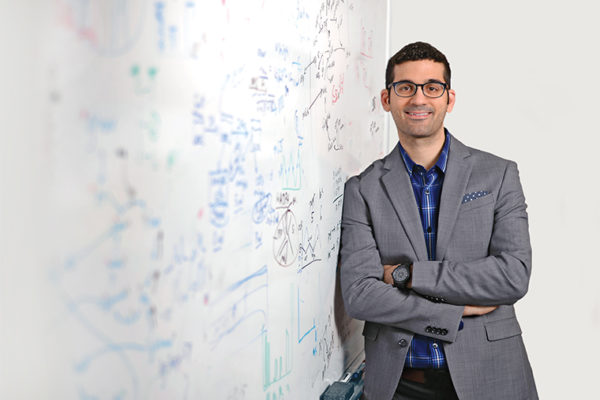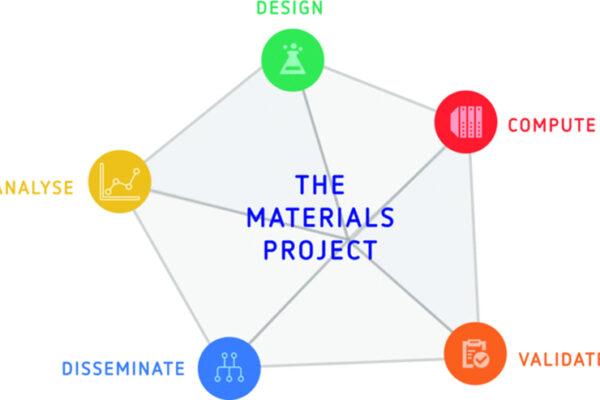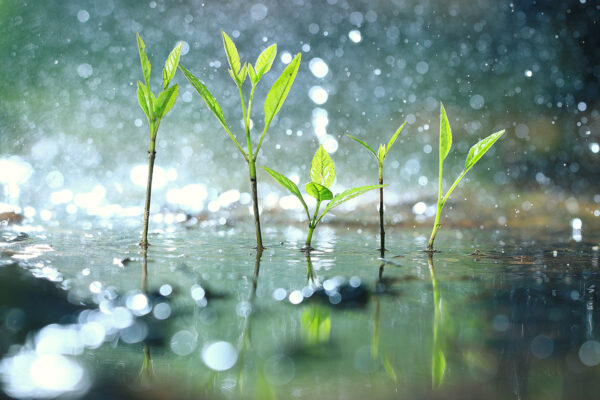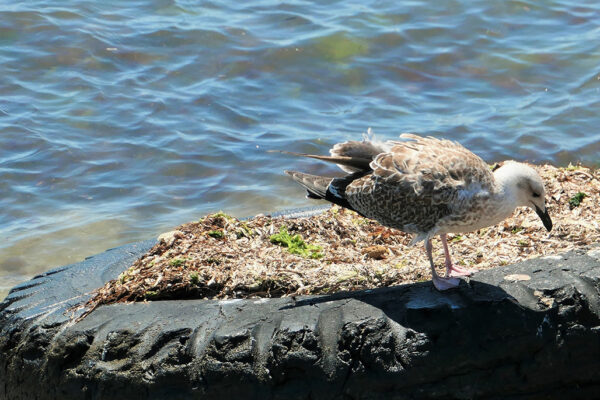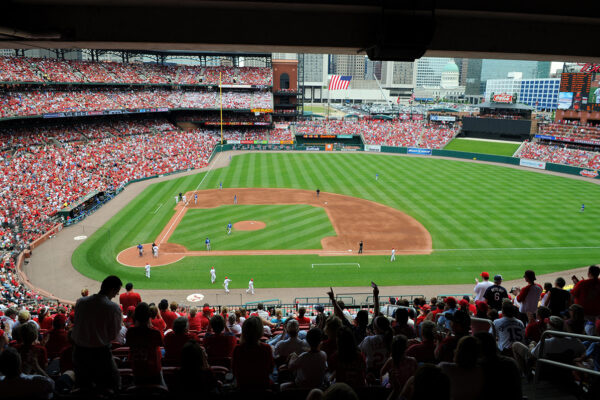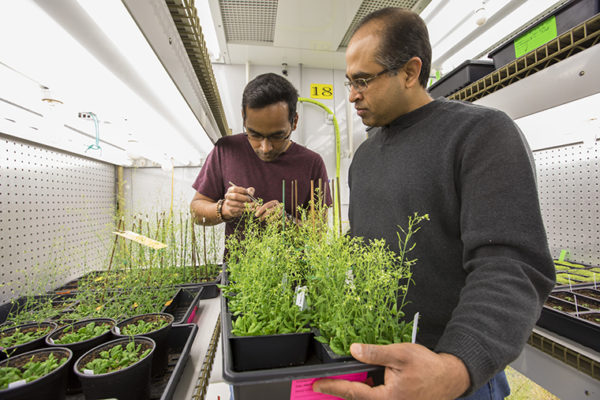Lahiri receives first Sawyer professorship in mathematics
Soumendra Lahiri has been installed as the inaugural Stanley A. Sawyer Professor in Arts & Sciences at Washington University. Lahiri’s research interests lie in theoretical statistics and data science.
Scientists take part in Ecology publication
Jonathan Myers, associate professor of biology in Arts & Sciences, and Solny Adalsteinsson, staff scientist at Tyson Research Center, participated in a Future of Fire Consortium that produced both a scholarly review and a blog item in the Journal of Ecology.
Patti a finalist for prestigious Blavatnik young scientist award
Gary Patti is among the 31 finalists for the Blavatnik National Awards for Young Scientists, selected from 305 nominations across the United States, the organization announced June 17. He is the first honoree from Washington University in St. Louis in the award’s seven-year history.
Electrically charged dust storms drive Martian chlorine cycle
New research from Washington University in St. Louis planetary scientists shows that Martian dust storms, like the one that eventually shut down the Opportunity rover, drive the cycle of chlorine from surface to atmosphere and may shed light on the potential for finding life on Mars.
Cutting-edge computing paves way to future of NMR spectroscopy
New collaborative research from the Department of Chemistry at Washington University in St. Louis, Lawrence Berkeley National Laboratory and the Department of Materials Science and Engineering at the University of California, Berkeley, leveraged quantum chemistry approaches to develop additional data infrastructure for an isotope of silicon, 29Si.
An ion channel senses cell swelling and helps cells to choose a response
New research from Washington University in St. Louis offers clues about how mechanosensitive ion channels in the plant’s cells respond to swelling by inducing cell death — potentially to protect the rest of the plant.
Modeling study: COVID-19 stay-at-home policies to be relaxed before pandemic peaks
Relaxing stay-at-home social and business policies will be accompanied by increases in the infection rate, and the race for a vaccine will lose its value to big Pharma almost with each passing day. Those are the main findings by two economists from Washington University in St. Louis and another from the Federal Reserve Bank in St. Louis, who investigated the properties of the optimal lockdown policy.
‘Extinction crisis even worse than realized’
“This new study shows that the extinction crisis is even worse than realized,” said Jonathan Losos, the William H. Danforth Distinguished University Professor and professor of biology in Arts & Sciences at Washington University in St. Louis and director of the Living Earth Collaborative.
Disappearance of sports inflicts pain on entire economy
The U.S. sports blackout because of the pandemic has left at least a $12 billion crater in the national economy. And even if stadiums and arenas light up anew soon, they won’t look the same. A sports business expert from the Olin Business School at Washington University in St. Louis doesn’t expect the NBA, NHL and Major League Baseball to welcome fans if/when they return in 2020, for example.
How to build better highways in plants
The Dixit lab at Washington University in St. Louis, which in a study published in 2018 found molecular brakemen that keep the Arabidopsis Fragile Fiber 1 (FRA1) motor protein in check, uncovered in continuing research that FRA1 cinches its track in place through cellulose synthase-microtubule uncoupling proteins.
View More Stories
